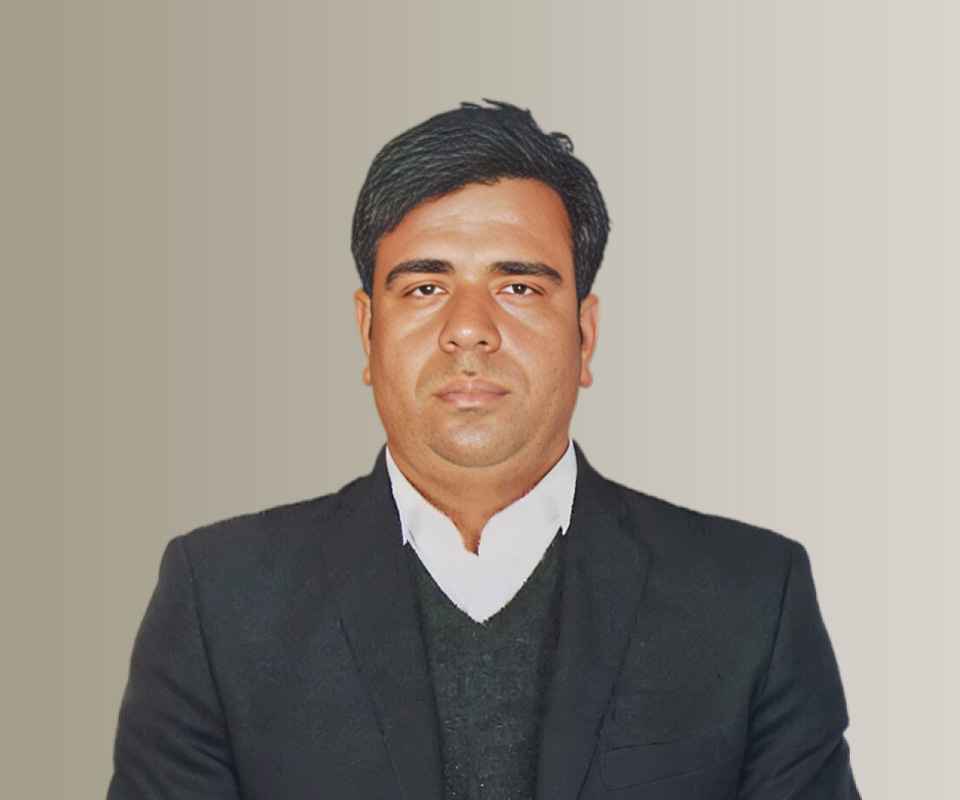Answer By law4u team
Domestic violence victims may often feel trapped in their situation, especially when seeking help. Many victims hesitate to involve the police due to fear of retaliation, lack of trust in law enforcement, or concerns about privacy. However, it is crucial for victims to access medical care promptly, as domestic violence can cause both physical and psychological harm. Fortunately, victims can seek medical assistance without involving the police, ensuring their safety and privacy.
Ways to Seek Medical Aid Without Police Involvement:
Visiting a Healthcare Provider Directly:
Victims can visit a hospital, clinic, or general practitioner (GP) for medical attention without reporting the incident to law enforcement. Doctors and healthcare providers are generally required to maintain patient confidentiality. In most places, unless there is an immediate risk of harm to the victim or others, healthcare professionals will not involve the police without the victim’s consent.
Example: A woman suffering from injuries due to domestic abuse may visit her family doctor or a hospital emergency room without disclosing the cause of her injuries. The doctor will treat her injuries and may offer emotional support or refer her to counseling services, but they will not notify the police unless required by law.
Confidentiality of Healthcare Providers:
Health professionals, including doctors, nurses, and therapists, are bound by patient confidentiality laws. This means that medical information shared during treatment is private, and unless the victim is in imminent danger or a child is involved, the provider cannot report the abuse without the patient’s consent.
Example: A victim of domestic violence may seek counseling or mental health support for trauma-related issues, and this treatment will typically remain confidential unless the healthcare provider believes the victim is at significant risk.
Use of Domestic Violence Hotlines and Support Services:
Many organizations provide confidential support services for domestic violence victims, including access to medical care. These services often work with healthcare providers who are trained to address domestic violence issues while maintaining privacy.
Example: Victims can call a domestic violence hotline and receive a referral to a clinic or healthcare provider that specializes in treating abuse victims. These services offer a safe environment to discuss medical needs without involving law enforcement unless the victim explicitly chooses to do so.
Seeking Emergency Care in a Safe Environment:
If immediate medical care is needed, victims can seek emergency treatment at a hospital or urgent care center. Many hospitals have emergency rooms that provide treatment for injuries without involving law enforcement. Victims can be treated for physical injuries, and mental health support can also be provided.
Example: After being assaulted, a victim may go to an emergency room and request treatment for bruising or cuts. The hospital staff will provide necessary medical care, and the victim can decide whether to report the abuse to the authorities or keep it confidential.
Mental Health Support and Therapy:
Domestic violence also causes significant emotional and psychological trauma. Victims can access mental health services, such as therapy or counseling, which typically do not require police involvement. Mental health professionals are trained to offer care while respecting the patient’s privacy.
Example: A domestic violence victim can seek therapy for anxiety or depression caused by the abuse. These sessions are confidential, and the therapist will not disclose any information to the police unless there is a clear and present danger to the victim’s life or others.
Victim Support Organizations:
Many domestic violence shelters and support organizations provide medical referrals, counseling, and help navigating healthcare options without involving the police. These organizations often have partnerships with healthcare providers who are experienced in handling cases of abuse and respect victims' rights to privacy.
Example: A victim might contact a domestic violence shelter, where staff can connect them with confidential medical services and provide the necessary support, including referrals to trauma-informed doctors or clinics that are sensitive to the needs of abuse survivors.
Legal and Practical Considerations:
Confidential Care: It’s essential for victims to know that seeking medical aid does not automatically mean police will be involved. Confidentiality is a cornerstone of healthcare practice. Unless there is a legal requirement (such as in cases involving children or severe harm), a healthcare provider is not obligated to report domestic violence to authorities.
Advocacy Services: Victims may also seek assistance from an advocate or lawyer who specializes in domestic violence. These professionals can provide guidance on how to access medical care and other services without involving the police if the victim prefers to keep the matter private.
Example:
Example: A woman who has been physically abused by her partner is worried about seeking help due to fear of retaliation. She goes to a local clinic where she is treated for bruises and a sprained wrist. She does not disclose the cause of the injury to the doctor, and the doctor treats her in a private and confidential manner. The clinic also refers her to a counselor who specializes in domestic violence, and the woman receives the help she needs without involving law enforcement.







